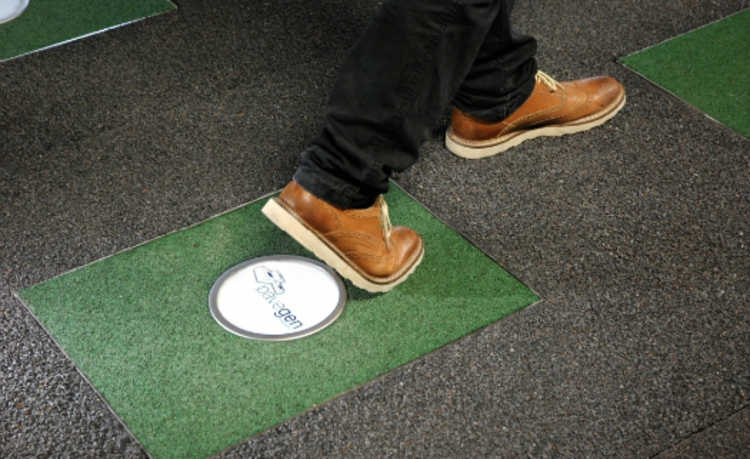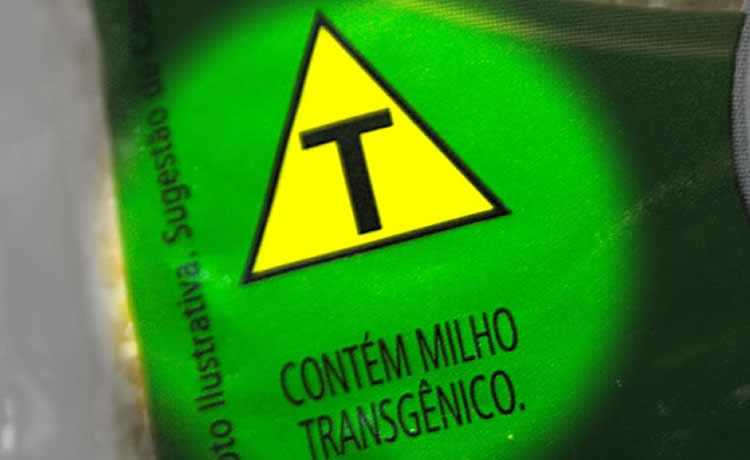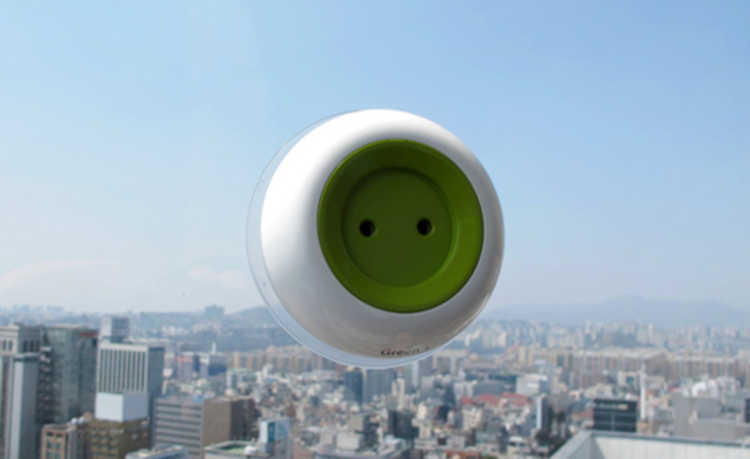Neem, clove and citronella repellent is a natural alternative against insects
Several natural properties are combined to prevent allergies and irritation, while maintaining protection against insects

Protecting the skin from annoying insect attacks is the desire of many people, whether on a family outing or at bedtime, in the comfort of home. But how to deal with insecticides and repellants made with harmful chemicals that are not only harmful to insects, but also to humans?
There are alternatives, and one of the good ones is the Repel Neem + Carnation Human Use. It is a natural, hypoallergenic, biodegradable repellent which, according to the manufacturer Preserva Mundi, is safe for pregnant women, nursing mothers, the elderly and children of all ages. It is composed only of neem oil, clove oil and citronella oil.
Functioning and compounds
The problem found in conventional repellent is in diethyl-toluamide, famous by the acronym DEET. This chemical component is present in most repellents on the market.
DEET acts on mosquito and mosquito antenna sensors, preventing them from recognizing the carbon dioxide released by humans during breathing, keeping them at a distance. However, DEET has a degree of toxicity that can trigger allergic processes, both in the skin and in the respiratory system, in the nostrils and mucous membranes and, in severe cases, it can even cause liver damage. So far, there is no consensus among experts about the real effects that this substance can have on human health. However, a study carried out by scientists in Great Britain proved that the dengue mosquito has already developed a biological resistance to it, thanks to its large-scale use in repellents.
Neem repellent compounds, cloves and citronlea have properties that replace DEET. Check out:
neem oil
Neem is a tree native to India with medicinal and therapeutic properties, and may have many of its parts used, such as seeds, leaves and bark. It is used in the pharmaceutical industry and in hygiene and cleaning products. Inside its fruit is a seed that has an almond. This, when crushed and cold pressed, generates neem oil. The resulting mass from pressing can be used as a fungus-controlling fertilizer (or vermifuge in animal feed). In other words, everything from the tree is used.
The oil obtained is rich in fatty acids. It is an effective organic insecticide against more than 200 species of insects such as cockroaches and lice. It has antifungal properties (against 14 types of skin fungi, including mycoses), antibacterial (effective against those causing blackheads and pimples), antiviral, antiseptic (against dandruff and seborrhea) and anti-inflammatory. Relieves itching and redness caused by insect bites.
Finally, a curiosity: improves the appearance of rusty objects. Neem oil is biodegradable and is not bioaccumulative.
citronella
The most famous and popular insecticide. Its use is topical, applied directly to the skin, relieving burning and itching caused by insects. There are no restrictions for use on children, people with sensitive skin or animals.
It also brings relief from rheumatic pain. Aromatizing the environment with citronella hydrolate has positive effects on nervousness, anxiety and agitation, due to its calming properties.
clove
The cloves contain eugenic acid, from which the active ingredient that has a repellent action is extracted.
mode of use
Just spray the repellent directly on the skin, spreading it by hand, and being careful with eyes and mucous membranes.
To stay protected, make applications every four hours if you are indoors (such as the office or at home) and every two hours if you are outdoors (parks, nature trails or on the street, for example). And all this protection comes with a smell of cloves!
Did you feel like purchasing the product? Click here and find out how to buy!










